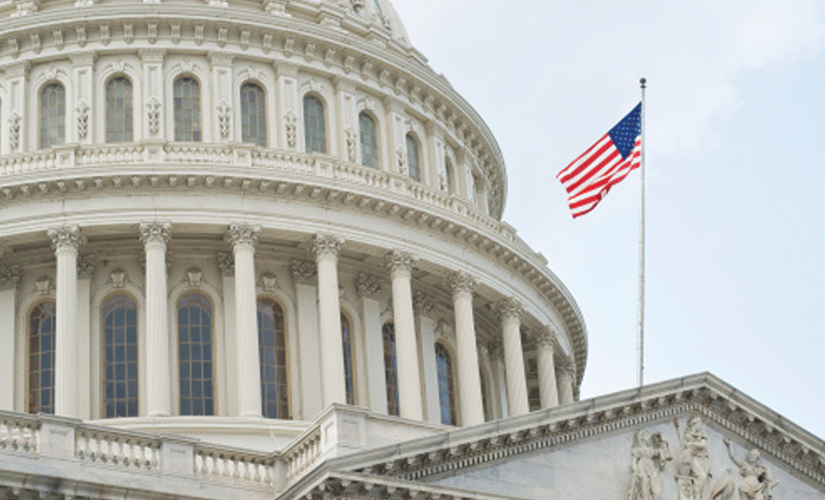National Strategy for Countering Domestic Terrorism

On 15 June, the White House released a new framework entitled National Strategy for Countering Domestic Terrorism, which outlined the current progress for the United States Federal Government and private actors regarding combating domestic terrorism. This framework allows “U.S. Government and partners to understand and share domestic terrorism-related information; prevent domestic terrorism recruitment and mobilization to violence; disrupt and deter domestic terrorism activity; and confront long term contributors to domestic terrorism.” Domestic terrorism issues require multifaceted response by both public and private actors. Moreover, through cooperation, all actors recognize the importance of protecting civil rights and civil liberties while seeking to ultimately subvert the foundations of domestic terrorism and factors that lead to violence. In short, this new framework serves as an important step by the Biden Administration toward understanding and ultimately mitigating the risks of domestic terrorism.
To accomplish these goals, this framework establishes four pillars to improve the U.S. Government and private actors’ response to domestic terror attacks. The first pillar advances the notion that we should better understand and share domestic terrorism-related information. It states, “The U.S. Government will enhance domestic terrorism analysis and improve information sharing throughout law enforcement at the federal, state, local, tribal, and territorial levels, and, where appropriate, private sector partners.” To support this pillar, the Department of Justice (DOJ), Federal Bureau of Investigation (FBI), and the Department of State are asked to track and learn more about the roots of domestic terrorism, and the impact foreign actors have on the proliferation of attacks. Secondly, the U.S. Government and private actors remain dedicated to preventing domestic terrorism recruitment and mobilization to violence. This framework explains that recently “the U.S. Government has revamped support to community partners who can help to prevent individuals from ever reaching the point of committing terrorist violence.” This goal is to provide a greater degree of public awareness and education about the dangers of domestic terrorism. Similarly, the framework explains “The U.S. Government will augment its efforts to address online terrorist recruitment and mobilization to violence by domestic terrorists through increased information sharing with the technology sector and the creation of innovative ways to foster digital literacy and build resilience to recruitment and mobilization.” This objective by the U.S. government is crucial as it has been affirmed that most recruitment and support for domestic terror networks remain online for public consumption and dissemination. The third pillar demands the disruption and deterrence of domestic terrorism activity. In other words, “The U.S. government will increase support to Federal, state, and local law enforcement in addressing domestic terrorism nationwide.” The actions surrounding the disruption and deterrence of domestic terrorist attacks are complex.. It is imperative to ensure that control systems and government workers remain uncorrupted as that would pose a significant national security risk. Lastly, it is important for the government to confront long-term contributors to domestic terrorism and “work to ensure that law enforcement operates without bias in countering domestic terrorism and provides for the public safety of all Americans. In a true democracy, violence cannot be an acceptable mode of seeking political or social change.” To effectively eliminate long-term causes of domestic terrorism it is imperative to work through a cooperative network of public and private actors to strengthen trust in the American democracy and governance structures.
The National Strategy for Countering Domestic Terrorism provides a necessary framework for effectively eliminating the true and present threat of domestic terrorism on our American democracy. This can be accomplished through cooperative networks between public and private actors and a respect to the civil liberties and rights that form a foundation for our democracy. By applying this comprehensive strategy, defense officials can now cooperate to a greater degree with intelligence and law enforcement officials to analyze and deter domestic terror networks domestically and abroad.
Topics: Counterterrorism


Comments (0)